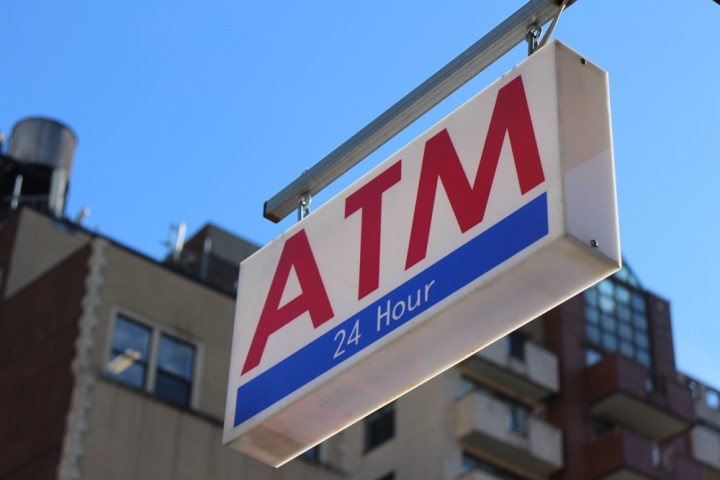
But what if you could make an ATM simply spew out all the cash it had in a matter of seconds?
These types of attacks are known as “jackpotting,” and government officials are quietly warning ATM manufacturers and financial institutions that jackpotting hackers have been spotted targeting cash machines here in the U.S.
According to a Secret Service memo obtained by Krebs on Security, the agency has received information that cybercriminals are planning to use “cash-out crews” to target ATMs manufactured by Diebold Nixdorf. It cites a series of thefts over the past ten days and warn of possible upcoming attacks across the country.
“The targeted stand-alone ATMs are routinely located in pharmacies, big box retailers, and drive-thru ATMs,” stated the alert. “During previous attacks, fraudsters dressed as ATM technicians and attached a laptop computer with a mirror image of the ATMs operating system along with a mobile device to the targeted ATM.”
The Secret Service alert says that criminals can use an endoscope — a device usually inserted into the human body during medical procedures — to look inside the ATM and find a place to connect their laptop to the internal mechanism.
Once connected, the criminals use a jackpotting malware program called Ploutus.D to remotely control the machine. “In previous Ploutus.D attacks, the ATM continuously dispensed at a rate of 40 bills every 23 seconds,” said the memo. The ATM is then emptied of cash in a matter of minutes.
The security firm FireEye first reported on Plotus attacks back in 2013 in Mexico, calling it a “technique that had never been seen before.”
If confirmed, these would be the first “jackpotting” attacks in the U.S. The Russian cyber firm Group IB previously reported similar attacks in Europe in 2016, as well as ATMs targeted in Thailand and Taiwan.
The ATM manufacturer confirmed to Reuters that it also issued a warning to banks and financial firms, but a Diebold Nixdorf spokesman declined to comment further or go into any detail about specific banks that had been targeted or how much cash had been lost.
Editors' Recommendations
- Hackers targeted 1Password after Okta breach, but your logins are safe
- Chinese hackers targeting critical U.S. infrastructure, Microsoft warns
- U.S. federal court system cyberattack is worse than previously thought
- Hackers just launched the largest HTTPS DDoS attack in history
- How to watch SpaceX launch a U.S. spy satellite today


